Remote teams vs local. Funded vs bootstrapped. Monoliths vs. microservices. These are just a few of the many strong debates we have in the tech business world.
And we're thinking about them all wrong.
First, a quick math lesson. (Actually more of a vocab lesson.)
Monotonic. In math, this means a function that either always increases or always decreases. My age is monotonic. Try as hard as I can I'm always getting older, never younger.

Or when we think about things we want in life: money, company growth, space, time to do what we want. Those things appear to be monotonic for most of us. We want more of them. Always.
Let's not forget about happiness. Who doesn't want to wake up even happier tomorrow. Happiness is monotonic.
Except...
Barry Schwartz and Adam Grant, two incredibly well credentialed psychologists (you've likely seen their Ted talks or books on display everywhere), published an interesting paper in 2011.
"Practice makes perfect" is something any kid has heard from their parent or coach. And as Schwartz and Grant reveal, that's what researchers who studied NBA teams found. Teams who practice more together, win more.
But only to a point. After 4 years of persistent practice, the effect dissipates and now over-practice means: "overconfidence, complacency, and routine rigidity."

Practice is actually nonmonotonic. Practice becomes too much of a good thing. It doesn't just keep making things better. It looks more like an Inverted U.
Schwartz and Grant reviewed hundreds of papers in dozens of different categories of life in which most of us assume things behave monotonically. Courage, positive psychology, volunteer work, gratitude, etc. Over and over again they found Inverted U's.
This was the basis of good chunk of Malcolm Gladwell's book David and Goliath. Who doesn't want to be stronger and bigger? Well, Goliath for one. Gladwell also looked at schools. Who doesn't want their kid in the best schools with the highest teacher to student ratios? The more teachers to kids - the better.
That's not true either. At some point having too few kids makes it even harder for a teacher to teach effectively. The optimal class size is somewhere in the middle of too few and too many.
Even happiness can be too much of good thing, as Schwarz and Grant explain that life expectancy gets worse at extreme levels of happiness.
Over and over again Schwartz, Grant, Gladwell, researcher after researcher, we find most things in life aren't the monotonic things we think they are. We can really have too much of a "good thing." As Schwartz and Grant point out:
There is no such thing as an unmitigated good. All positive traits, states, and experiences have costs that at high levels may begin to outweigh their benefits.
Unfortunately though, we often lead our lives like everything is monotonic. We single mindedly seek the extremes of a single variable. More = better.
Let's go back to remote vs local teams. Depending on your "politics" you might argue "remote, remote, remote". Or you're thinking, "dummy, it's local, local, local".
For me, I love remote work. I've been running remote teams since I could run my own company in 2006. I can avoid the commute. Control the noise around me. Get more done.
At Highrise, we had employees all over the US and Canada. You know what my favorite moments were? When everyone was together in the same exact location hanging out. And we had 3 employees near Chicago who could meet together in person on occasion. That was awesome and incredibly effective at decision making and team work.
Being "more" remote isn't just more and more optimal. There's a sweet spot in the middle.
Same goes for all these other debates we keep having. Monoliths vs. microservices? Or funding vs bootstrapping? Bootstrapping only leads to small lifestyle companies. Microservices are better for scalability. Bootstrapping leads to happier decisions because you have all the control.
Of course, the extremes play nice in the news and social media rants. But you're all a little wrong. There's an optimal place in the middle. There's too many services and too monolithic and too self-funded and too externally capitalized. You can raise money without giving up complete control over your business. You can create services without making a mess of complexity of your application. You can hire remote workers but enjoy the all the bandwidth of local conversations.
Now, it isn't easy. Optimizing things never is. But I think more of us would be a little bit happier (or should I say closer to our optimized point of happiness) if we realize things aren't so binary or monotonic out there.
There's a sweet spot to most of our decisions and it's not at the extremes.
P.S. Free marketing design review?
I've been optimizing web designs for over a decade. A couple recent examples, improving the Highrise conversion rate 35% and the conversion rate of Rockstar 500%. Here's a great example of the review I've done for others: Markd.
Happy to look over your site for free. Please reach out. (As long as slots are open. My free website review queue can get oversubscribed.)



